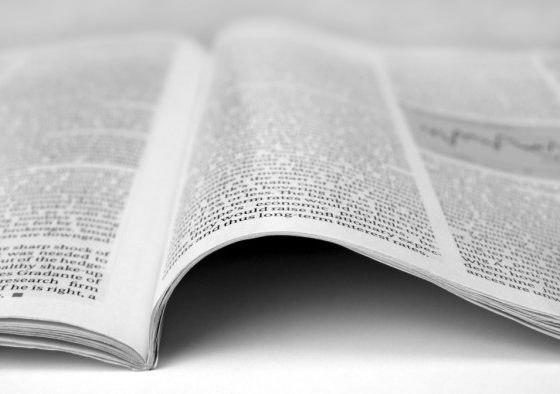Please feel free to check out a recent article by Mikko Kainulainen, Marjaana Puurtinen and Clark A. Chinn, published in the Proceedings of the 16th International Conference of the Learning Sciences 2022, via this link.
Abstract: Developing and applying epistemic ideals or criteria is a core component of epistemic practices. In history education, epistemic criteria have been included in approaches to teaching history as well as in theoretical frameworks for investigating the learning and understanding of the domain. One justification for these frameworks is in the epistemic practices of expert historians; however, empirical evidence about historians’ epistemic criteria is scarce. Thus, we set out to explore epistemic criteria historians use to determine quality in their own and others’ work through an analysis of interviews with 26 Finnish historians. We identified over 80 criteria that we placed in categories such as internal characteristics of works; connections to past and present knowledge and practices; connections to future knowledge and practices; proxies; connections to non-epistemic use; and emotions. These findings open up possibilities for better developing criteria in history education and considering their connections to those of experts.

